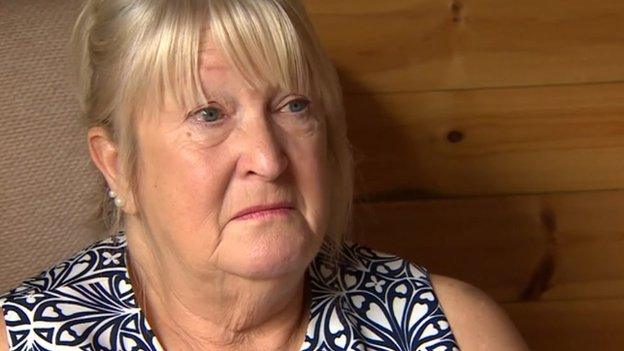Tunisia attack: 'Army of police' would have scared tourists
- Published
Virtual reality video retracing the killer's footsteps was shown at the inquest
Tour operators wanted more security at Sousse before the terror attack that killed 30 Britons but did not want to scare tourists, an inquest has heard.
Venancio Lopez, of Tunisie Voyages, told British Embassy officials that he did not want an "army of police" frightening holidaymakers in Tunisia.
Islamist gunman Seifeddine Rezgui killed a total of 38 people in 2015 at the Riu Imperial Marhaba, near Sousse.
The attack was the deadliest on Britons since the 7 July 2005 London bombings.
Mr Lopez told the inquest: "If security is too evident, they feel uncomfortable in the street."
It was decided to bring in 400 extra police officers and ensure they patrol the beaches, the inquest was told.
It heard how holiday bosses had considered a crisis training exercise for staff set at a hotel in Sousse a year before the beach attack.
Metal detectors
Security became a key issue following a terror attack at Tunisia's Bardo National Museum in March 2015.
Two months later, Mr Lopez met the British Embassy officials to give them a list of points which he wanted raised with Tunisian authorities, including the matter of police security.
'No armed guards' at Tunisia attack hotel
Tunisia attack rescuers 'wasted time'
Security in the resorts, and how visible it should be, was discussed, said Mr Lopez, managing director of Tunisie Voyages - a subsidiary of travel company TUI.
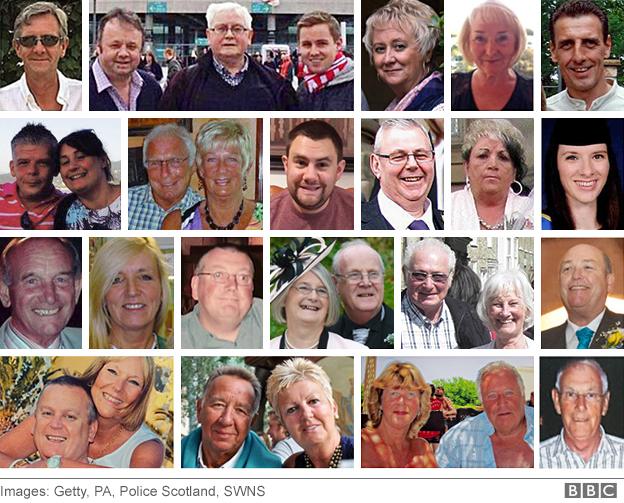
Thirty of the 38 people killed by a gunman on a Tunisian beach were British
In his statement to the inquest, he said: "We wanted to increase the security in general but we didn't want tourists to be scared by seeing an army of police."
The inquest heard that it was decided that as well as more police officers, hotels should have metal detectors and staff should monitor CCTV.
Guard 'unarmed'
Andrew Ritchie QC, representing victims' families, said a statement from another witness suggested that it was the responsibility of Mr Lopez to "deliver a holiday that exceeded expectations".
He asked Mr Lopez why TUI UK sent him to meetings about security, suggesting he was sent because he was the only person there.
Mr Lopez said he had not been asked by TUI UK to visit the Imperial Marhaba hotel to see if improvements to security had been made between March and the day of the attack.
In his statement, Mr Lopez said security guards at hotels used by his firm were never armed, and he believed that arming them was against the law.
But Mr Ritchie said the coroner had advice from a legal firm which said it was, in fact, possible.
The inquest also heard from TUI area manager Paul Summerell who had considered organising a "crisis" training exercise for staff in the event of an incident like the beach attack.
It was to be a real-life scenario staged in a Sousse hotel in June 2014 - a year before the attack.
The inquest heard that Mr Summerell had consulted with the British Embassy on what might be a realistic scenario.
"We wanted a realistic training exercise for a crisis scenario," he told the inquest.
The inquest heard about a letter Mr Summerell had sent to a senior colleague a month later about increased terrorist activity in the Sousse area.
He wrote that he did not want it made "public knowledge" to staff as it might cause alarm, and urged his colleague to "react reassuringly" if staff said anything.
Asked about making changes to security arrangements in Tunisian hotels, Mr Summerell said they would only take instruction from the authorities,
"Control" is a "good word" in relation to how things worked in Tunisia, he said.
'No lock-down procedure'
During the third day of the hearing, the inquest heard Imperial Marhaba was fitted with only six cameras, compared to others nearby which had as many as 49.
The hotel's guards had no vocational qualifications, did not carry walkie-talkies and had no control room in which to monitor CCTV. The hotel did not have a lock-down procedure, the court was told.
At the time of the attack, one lone guard was watching two open gates leading from the hotel to the beach, the hearing was told.
The inquest into the deaths of 30 Britons killed in the June 2015 attack is being held at London's Royal Courts of Justice. It is expected to take about seven weeks.
The government has applied for some details to be kept private because of national security concerns.
The inquest continues.
- Published18 January 2017
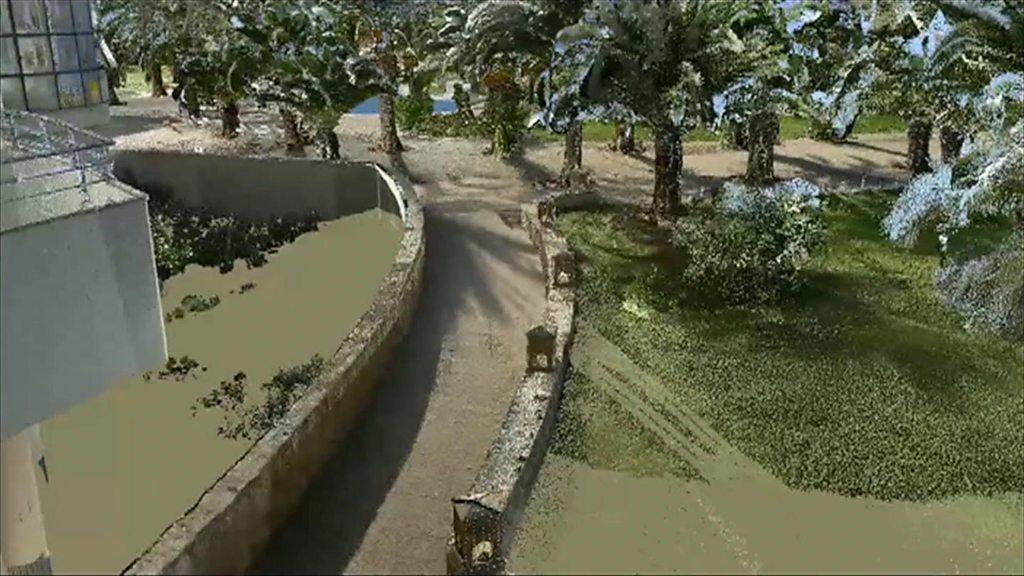
- Published17 January 2017
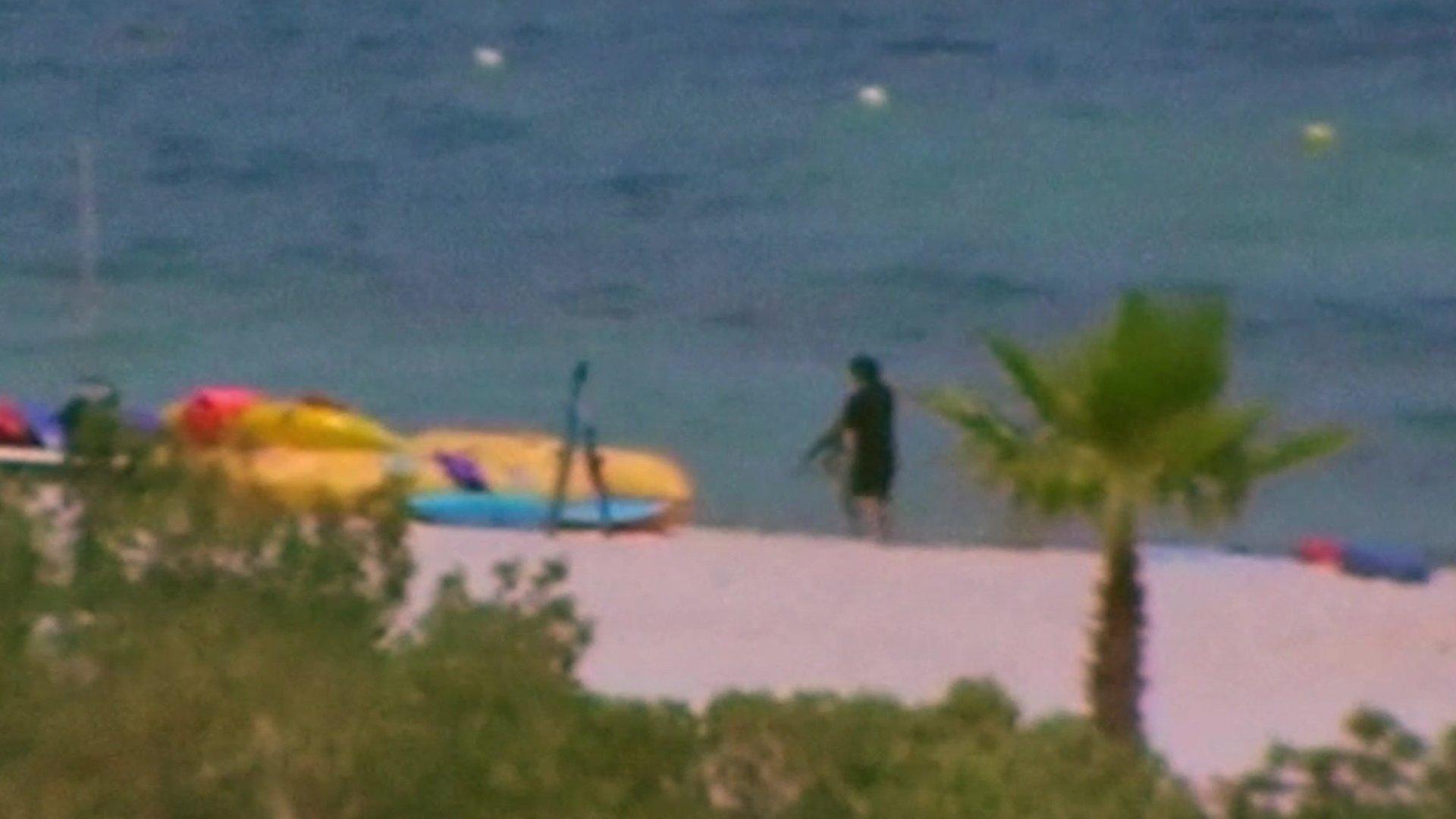
- Published16 January 2017
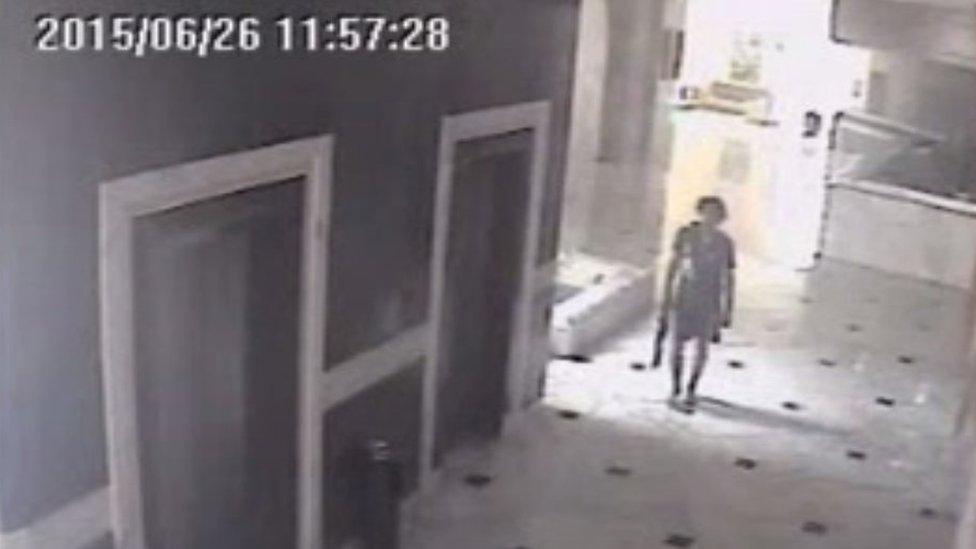
- Published16 January 2017
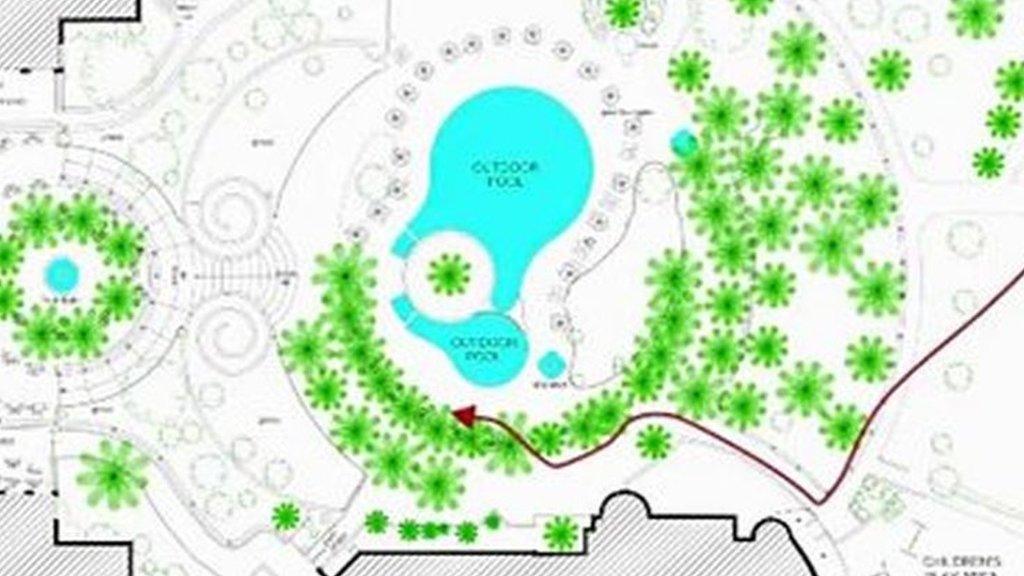
- Published9 January 2017
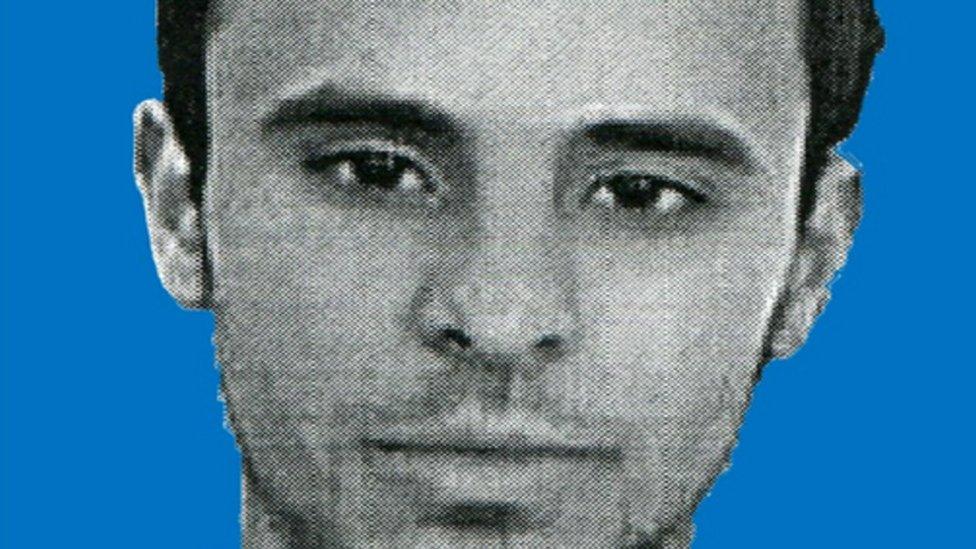
- Published29 February 2016
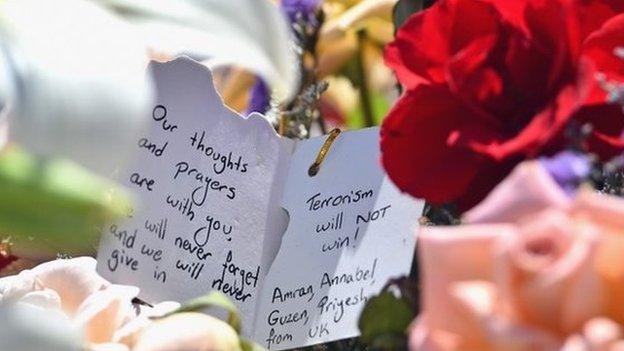
- Published30 July 2015
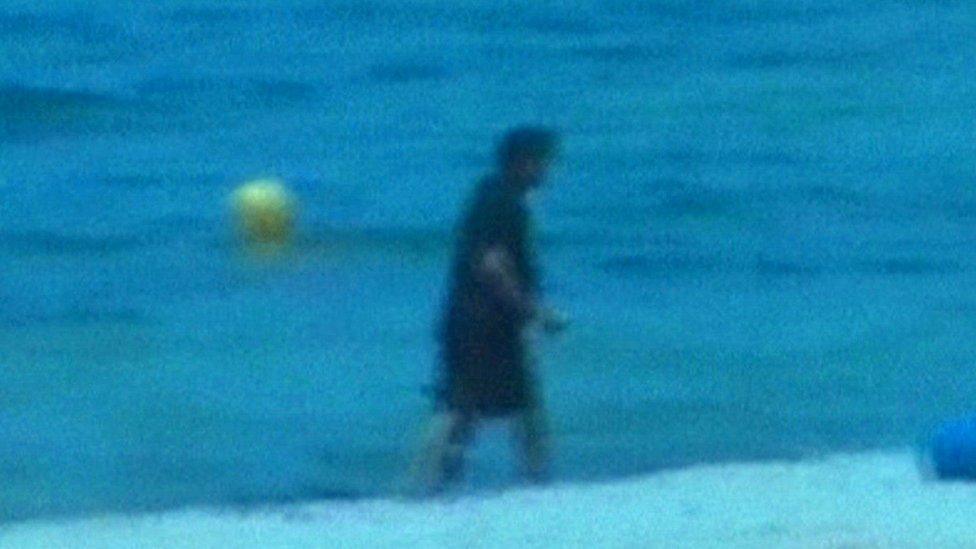
- Published29 June 2015
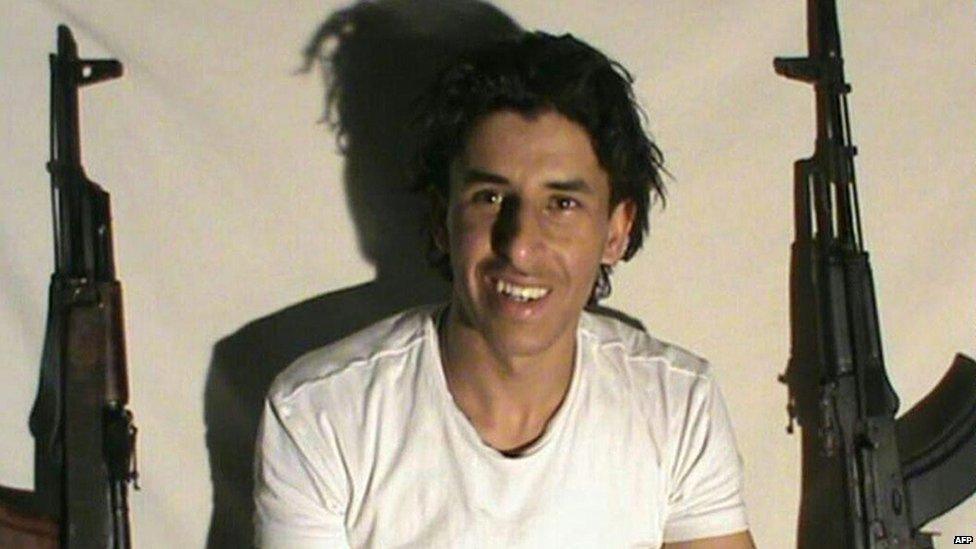
- Published30 June 2015
